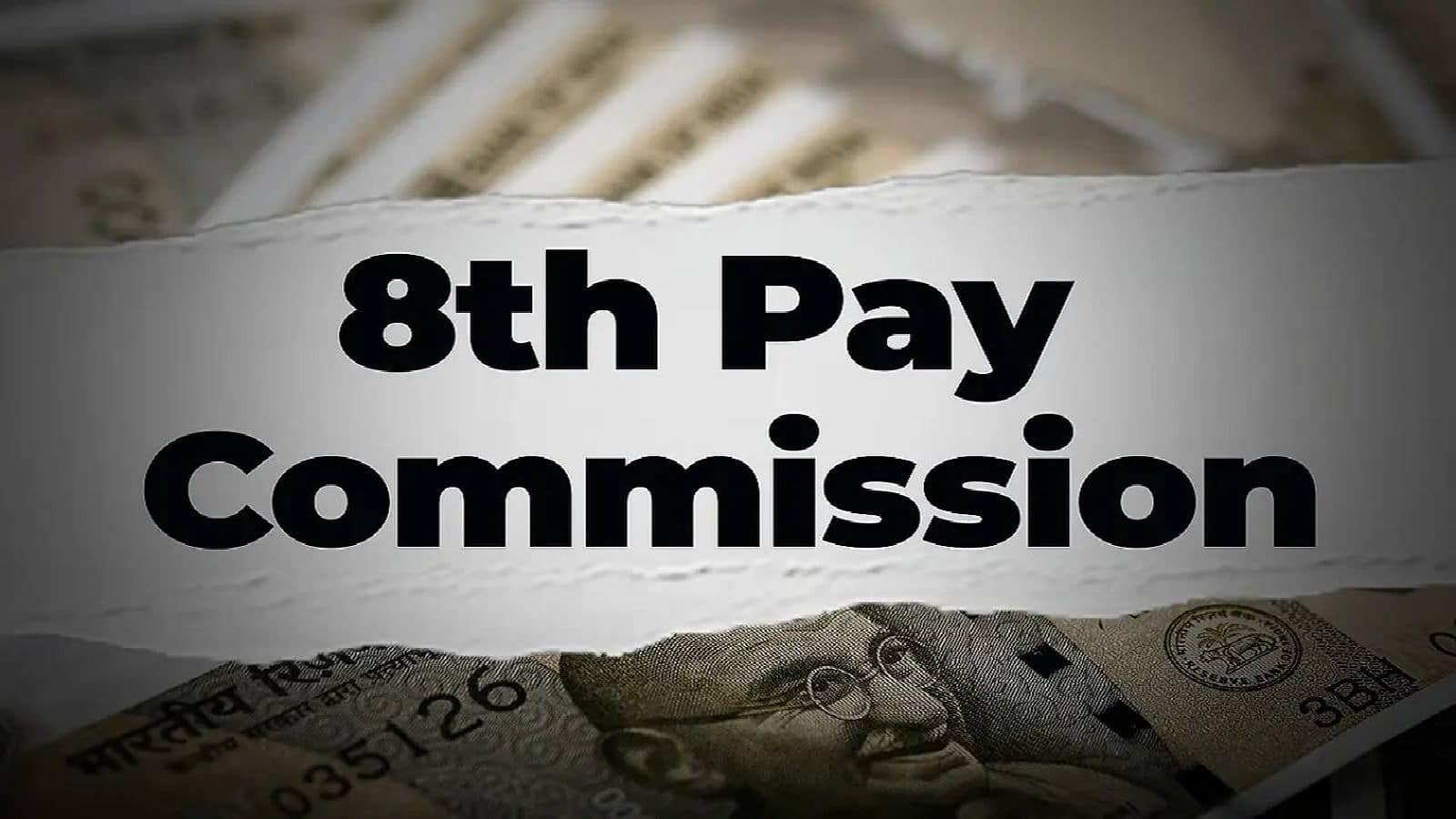
8th pay commission: An important update has come to light about the 8th Pay Commission, which has been in discussion for a long time between central government employees and pensioners. Earlier it was expected that the 8th Pay Commission could be implemented from 1 January 2026. According to media reports, the 8th Pay Commission was earlier expected to be implemented from 1 January 2026, but now it is expected to be delayed. In such a situation, a big question is arising that if the recommendations of the 8th Pay Commission are applied late, will the employees retiring after 1 January 2026 will get the benefit?
The current status of the 8th Pay Commission
In January 2025, the Central Government officially announced the 8th Central Pay Commission, which aims to review the salaries, allowances and pension of more than 50 lakh government employees and 65 lakh pensioners. However, the Terms of References have not been fixed yet.
However, a circular was issued by the government last month, which said that 35 posts for the 8th Pay Commission will be appointed on the basis of deputation. It is clear from this that the process has started, but the speed is slow.
The Pay Commission is usually formed every 10 years. Earlier, the 7th Pay Commission was implemented from 1 January 2016. Its term ends on 31 December 2025. Since its president, members and work days have not yet been finalized, there are fears that it may be delayed by the end of 2026 or from the beginning of 2027.
Why is it getting delayed?
No official statement has been received from the Finance Ministry or Department of Expenditure yet. But according to sources, financial pressure, budget limitations and alternative salary adjustment models such as Aykroyd Formula and inflation -based salary hike may be the reason for this delay.
Will those who retired after 1 January 2026 will benefit?
Yes, it is possible. If the recommendations of the Commission are applicable from the previous date, as it is earlier, the employees retiring after 1 January 2026 may get the benefit of revised pension and salary arrears. For example, when the 7th Pay Commission came into force in 2016, many employees had received arrears for the previous months.
What kind of increase in salary is there?
Although the official figures have not yet been revealed, experts and employees unions estimate that the minimum basic salary may increase from Rs 18,000 to Rs 26,000, which shows an increase of about 40-44 percent. According to several reports, the most essential multiplication for salary amendment, fitment factor, may be 1.96 in the 8th Pay Commission, although it has not been confirmed.
If the fitment factor is 1.92, then the government employees of Class 1 may get a salary boom of about Rs 15,000 per month, which will increase the take-home salary under the 8th Pay Commission by about 40%.
Also read- ITR Filing 2025: How to file ITR form, understand each step in easy language